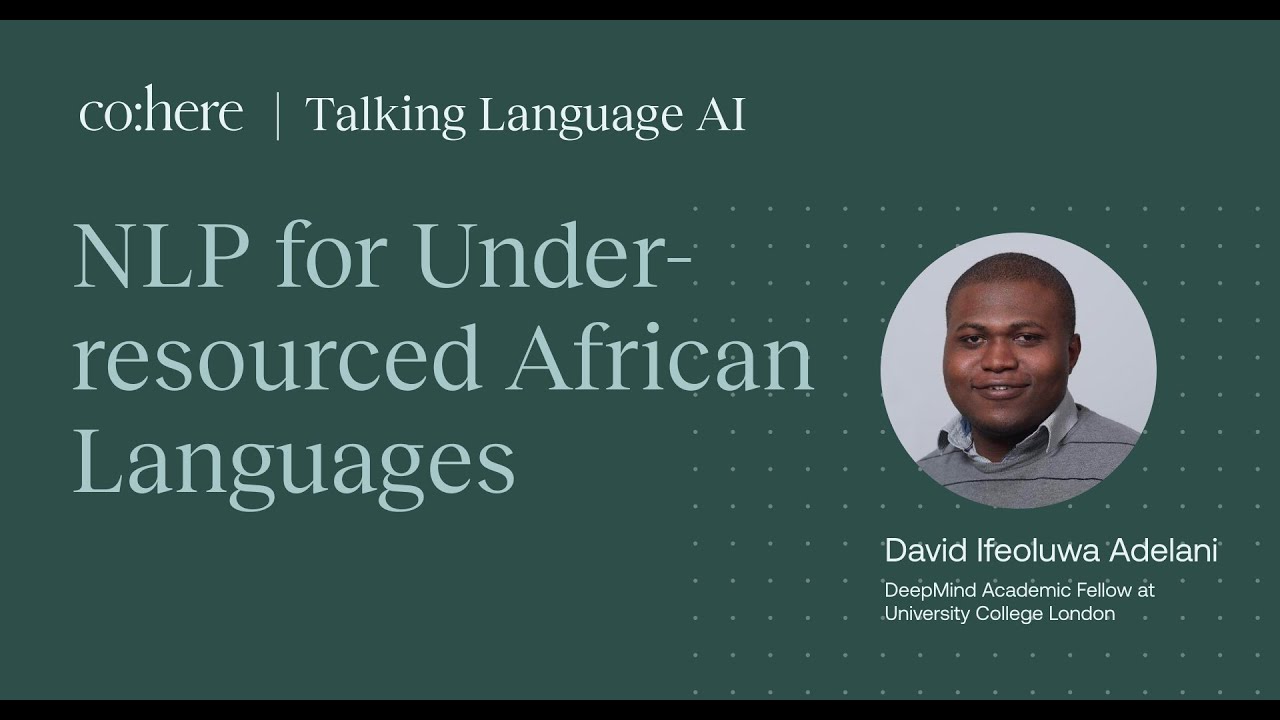
Bridging the Abyss: African Techies Forge AI Tools in Local Languages
In an era where artificial intelligence (AI) is sweeping across continents, there’s a significant gap that remains tragically unaddressed—the representation of African languages in the digital sphere. As we witness the rapid proliferation of large language models (LLMs) like OpenAI’s ChatGPT and Meta’s Llama 2, a paradox unfolds: while advanced AI tools engage millions internationally, languages such as Hausa, Amharic, and Zulu often fall through the cracks. This gap threatens to deepen the digital divide, necessitating urgent action from local innovators.
The Drive for Local Solutions
The Nigerian government’s recent announcement to develop a multilingual AI tool is a beacon of hope amid this digital isolation. Enthusiasts like Lwasinam Lenham Dilli, a 28-year-old computer science student, represent a generation eager to leverage technology to preserve and enrich their cultural identities. With limited resources online, Dilli struggled to create an LLM in Hausa for his university project, highlighting a severe lack of accessible data.
“Creating local language LLMs is a way to ensure our local dialects and languages will not be forgotten or left out of the AI ecosystem,” Dilli noted.
His enthusiasm mirrors that of many across the continent. The reality remains stark: advanced AI often falters during interactions in African languages, producing awkward and incoherent responses. Without inclusive tools, millions risk being marginalized, accentuating economic disparities.
 Innovative technologies are paving the way for a brighter digital future.
Innovative technologies are paving the way for a brighter digital future.
Fostering Representation
The Nigerian initiative aims to pave the way for equitable digital representation. Minister of Digital Economy, Bosun Tijani, revealed that the project will focus on five low-resource languages to enhance local language representation in the AI landscape. Collaborating with local startups and gathering data from passionate volunteers, the initiative aspires to change the narrative—not just for Nigerians, but for an entire continent.
Silas Adekunle, co-founder of Awarri, elaborated on the inherent complexities: many accents and dialects require a nuanced understanding to ensure AI tools are beneficial. This effort isn’t merely a technical challenge; it’s a cultural one, demanding innovation and resourcefulness from all involved participants.
A Diverse Linguistic Landscape
Africa is a polyglot continent, home to over 2,000 spoken languages. Yet, the predominance of English in digital communications overshadows these rich linguistic traditions, leaving many without tools that resonate with their identity. Initiatives like the one led by the Nigerian government are essential, yet they represent only a portion of the ongoing efforts to bridge this gap.
In Kenya, the health technology firm Jacaranda Health is making strides with UlizaLlama, the first LLM designed to operate in Swahili, aimed at improving maternal healthcare. By using AI to tailor responses to specific queries, it addresses an underserved demographic that cannot rely on generic internet searches for critical maternal advice.
 AI continues to revolutionize sectors such as healthcare across the continent.
AI continues to revolutionize sectors such as healthcare across the continent.
Jay Patel, the firm’s tech director, emphasizes: “We’re aiming for about 85% accuracy at the start, moving towards faster response times. Much of our clientele lacks easy access to information, and we want to change that.”
Facing the Challenges of Data Scarcity
Despite the promising initiatives springing up across the continent, the journey to solidify AI tools in African languages is fraught with challenges. One significant hurdle is data scarcity. Traditional language models thrive on vast datasets—something many African languages lack due to their prominence in oral traditions.
Furthermore, ethical considerations regarding data usage come to the forefront. Michael Michie from Everse Technology Africa has pointed out that many communities might be wary of sharing their language for AI development, which implies the need for a framework that respects cultural sentiments and ensures fair compensation for data contributions. The contemporary discourse needs to address these critical aspects to establish a just digital ecosystem for all.
Communication and ethical considerations are essential in developing diverse AI.
Conclusion: A Future of Possibilities
In conclusion, the ongoing initiatives to develop LLMs catering to African languages offer a glimpse of hope against the looming threat of digital colonialism. While the journey is laden with obstacles from data scarcity to ethical concerns, the tenacity of African techies heralds a promising future where language no longer serves as a barrier. It requires collaborative efforts, not just from government bodies but also from local startups and communities, to ensure these languages are not lost in the march of technological advancement. As we move forward, it is crucial to embrace inclusive AI development as a means of preserving cultural heritages while paving the way for future innovations.
The potential of AI lies not only in its capabilities but in how it represents our diverse world. By uplifting and integrating local languages into AI frameworks, we can envision a future that celebrates inclusivity and equality.















